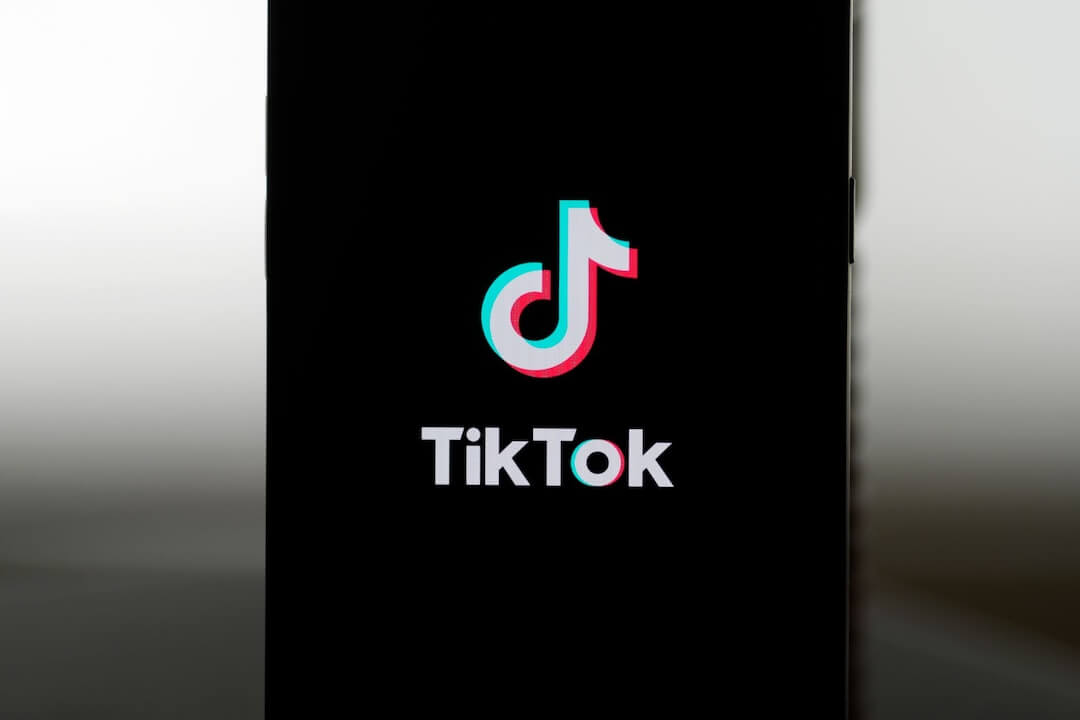On Thursday night, President-elect Donald Trump tweeted to his 15 million followers that Ford would no longer move a plant from Kentucky to Mexico. He portrayed it as a breakthrough in which he played a decisive role.
Just got a call from my friend Bill Ford, Chairman of Ford, who advised me that he will be keeping the Lincoln plant in Kentucky – no Mexico
— Donald J. Trump (@realDonaldTrump) November 18, 2016
I worked hard with Bill Ford to keep the Lincoln plant in Kentucky. I owed it to the great State of Kentucky for their confidence in me!
— Donald J. Trump (@realDonaldTrump) November 18, 2016
The reality was far more nuanced. The Washington Post’s economic policy correspondent Jim Tankersley followed up with Ford to see what was going on; within an hour and a half, he had written an article and tweeted what he knew.
So:
*Ford never planned to move Ky. plant to Mex
*It did plan to move one product line there
*It won't do that now
*Trump overstated this.— Jim Tankersley (@jimtankersley) November 18, 2016
While Tankersley took the time to consult Ford on the matter, partisan blogs didn’t bother with such reporting niceties. “Gateway Pundit” ran the President-elect’s claims promptly and uncritically with a headline proclaiming “The Trump Effect: Ford Calls Donald Trump – Says Plant Will Not Move to Mexico will Remain In Kentucky.”
Worryingly, this version spread widely. According to data extracted from Buzzsumo, at the time of writing the Gateway Pundit story had received 29,700 Facebook engagements — almost twice as many the most popular article that actually bothered to include Ford’s version of the events, a piece by ABC News.
On Thursday night, Jesse Singal of New York Magazine found this all “really really scary.” In a tweetstorm that was widely shared, Singal wrote that the mixture of a President-elect making up that he saved a plant and hyperpartisan sites reaching huge audiences by carrying the misleading claim made this a “completely post-truth” moment.
https://twitter.com/jessesingal/status/799455529756139521
“Obviously it isn’t new for a politician to lie about what s/he did or didn’t do,” Singal told Poynter. “But the speed with which those lies can now spread through filter-bubbled social media is new, and it’s scary.”
Many people agreed with his conclusion. Even more boiled down this message further. Trump distorting the facts was proof perfect of this being a post-truth era, as a Twitter search makes clear:
Tweets about post truth fordThese tweets come after months of post-truth headlines across the world and at the end of a week when the Oxford Dictionaries elected the term its word of the year.
Perhaps due to my own confirmation bias, I am quite unimpressed with the post-truth trope. It implies there was once a golden age when politics and the media were dominated by facts (ignoring almost identical terms popularized 11 years ago), falsely presumes that people will never change their minds when fact-checked on a partisan issue and absurdly reduces political action to purely rational choices.
To misquote something Voltaire never said, however, while I disagree with the post-truthers, I will defend their right to use that term.
Yet they should try to be coherent. Invoking post-truth at every turn risks negating the underlying warning. In the process of doing so, its proponents risk further sullying any shared sense of how we call out misleading political claims.
Snopes founder David Mikkelson wrote this week that there is a difference between fake and misleading news — and that conflating the two makes fighting either much harder. In a useful taxonomy of misinformation, Claire Wardle of the Tow Center for Digital Journalism lists six different categories of “fake news.”
The tendency to call everything inaccurate “fake news,” however, seems to be rising. And the consequences risk being devastating, as John Herrman writes for The New York Times.
‘Fake news’ as shorthand will almost surely be returned upon the media tenfold. The fake news narrative, as widely understood and deployed, has already begun to encompass not just falsified, fabricated stories, but a wider swath of traditional media on Facebook and elsewhere. Fox News? Fake news. Mr. Trump’s misleading claims about Ford keeping jobs in America? Fake news. The entirety of hyperpartisan Facebook? Fake news. This wide formulation of ‘fake news’ will be applied back to the traditional news media, which does not yet understand how threatened its ability is to declare things true, even when they are.
It appears that we are in a similar position with the post-truth sobriquet.
Sure, Donald Trump was misleading about the Ford decision; but The Washington Post Fact Checker, which hasn’t shied away from calling out Donald Trump’s whoppers, didn’t even dole out the full “Four Pinocchios” at its disposal for this claim.
While not a committed post-truther, Singal says that “things are worse than they’ve ever been from a fact-checking standpoint … there have always been rumors and conspiracy theories, but no, things have never been this bad in the United States.”
Singal also notes that disagreement has boiled down to the most basic of facts, like the actual election result. “If we can’t even forge agreement on something as simple and straightforward as who won the popular vote,” he says, “we’re screwed.”
The combined force of hyperpartisan pages with enormous audiences and the erosion of trust no doubt made 2016 a turning point for fact-checking in the United States.
Yet the almost nihilistic message of post-truth (if it were a gif, it would be this one) requires more evidence than a lying President and a sprawling universe of misleading news sources.
The ratings that fact-checking sites like PolitiFact and The Washington Post Fact Checker use are far from scientific. But they do force journalists to abide by a method that recognizes truth ought to be evaluated on a spectrum.
A method should also apply to calling out post-truth. If the term aims to capture the brazen rejection of reality when faced with indisputable evidence of the exact opposite, then Trump’s braggadocious tweet does not qualify. A more convincing example may be the transition’s team denial that President-elect Trump has called for a registry of Muslim-Americans despite videos of him saying just that.
Post-truth is not a synonym for “inaccurate.” Worse, using it in that way is an aggression to the very concept — truth — that is the object of contention.







